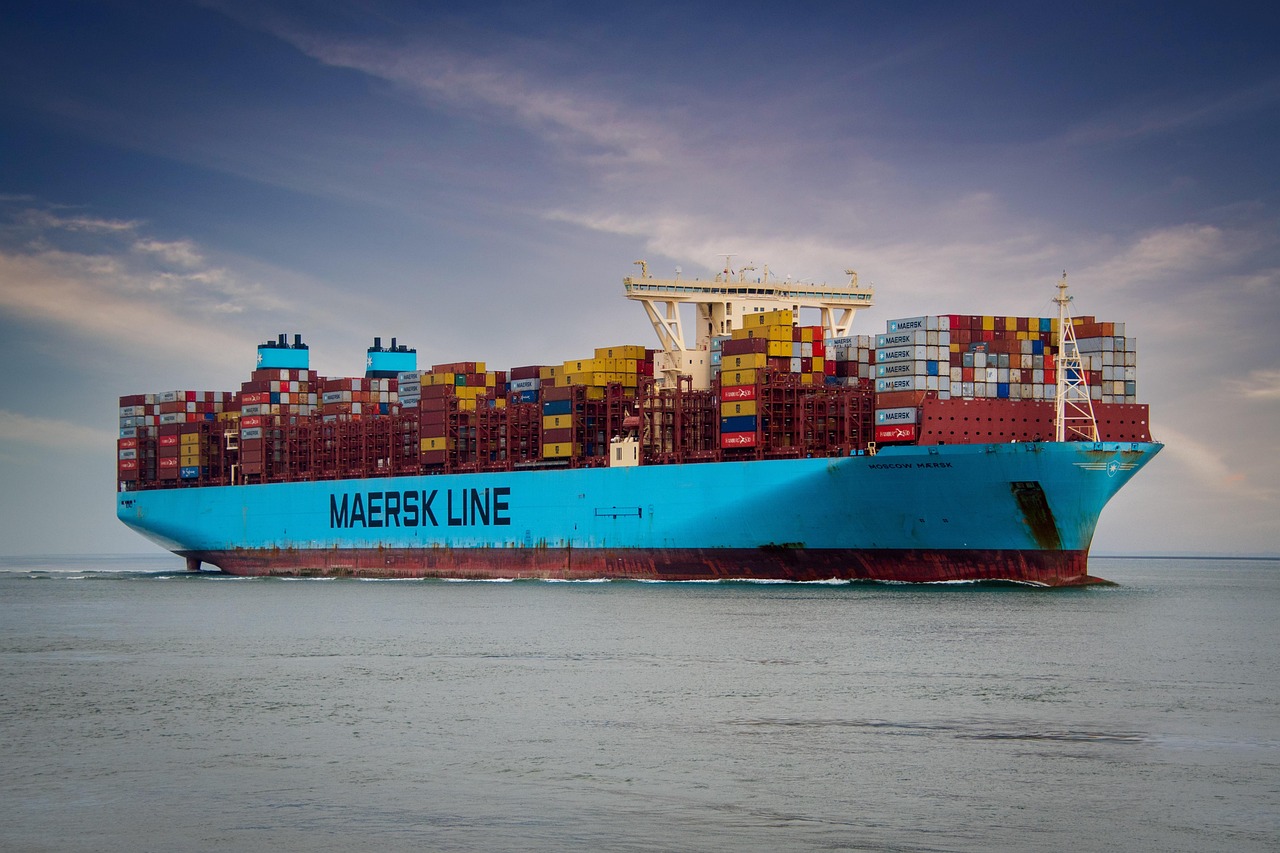
Danish shipping giant Maersk released its preliminary second-quarter performance report on Thursday local time. Despite global geopolitical turmoil in the second quarter, Maersk's operating profit exceeded expectations, with strong shipping demand in most regions globally except the United States.
Maersk's second-quarter performance was robust, with the company's preliminary report showing an EBITDA of $2.3 billion, a roughly 7% increase from the $2.14 billion in the same period last year, surpassing analysts' expectations of $1.97 billion.
Maersk also raised its full-year 2025 financial outlook, expecting the basic EBITDA for the year to range between $8 billion and $9.5 billion, higher than the previous expectation of $6 billion to $9 billion.
Global container market volumes are expected to grow by 2% to 4%, higher than the previous forecast range of -1% to 4%, indicating resilience in global market demand (excluding North America).
Maersk stated, "The current disruption in the Red Sea is expected to continue throughout the year."
Second-quarter revenue grew by nearly 3% year-on-year, reaching $13.1 billion. Maersk CEO Vincent Clerc stated that the company continues to see container demand exceeding expectations.
"This is primarily being driven by the prosperity of Chinese manufacturing and strong export growth in almost all regions this quarter, except the United States. In fact, tariff fluctuations in the U.S. have had a certain dampening effect on shipping demand," Clerc said.
"However, overall, in markets outside the U.S., we see consistently strong demand, which has driven our profitability today and updated forecasts."
It is worth noting that as Maersk released its latest financial report, the global shipping industry is facing a complex new era of trade, with President Trump announcing higher tariffs of 10% to 50% on dozens of trading partners.
Currently, major trading partners like the UK, Japan, and South Korea have reached agreements for lower tariffs than initially announced in early April. The EU has signed a framework agreement reducing tariffs to 15% on most EU goods.
Other countries have been hit harder by the Trump trade war. The U.S. has imposed tariffs of 50%, 39%, 35%, and 25% on goods from Brazil, Switzerland, Canada, and India, respectively. Additionally, Trump has levied an additional 25% tariff on India citing its acceptance of Russian oil.
